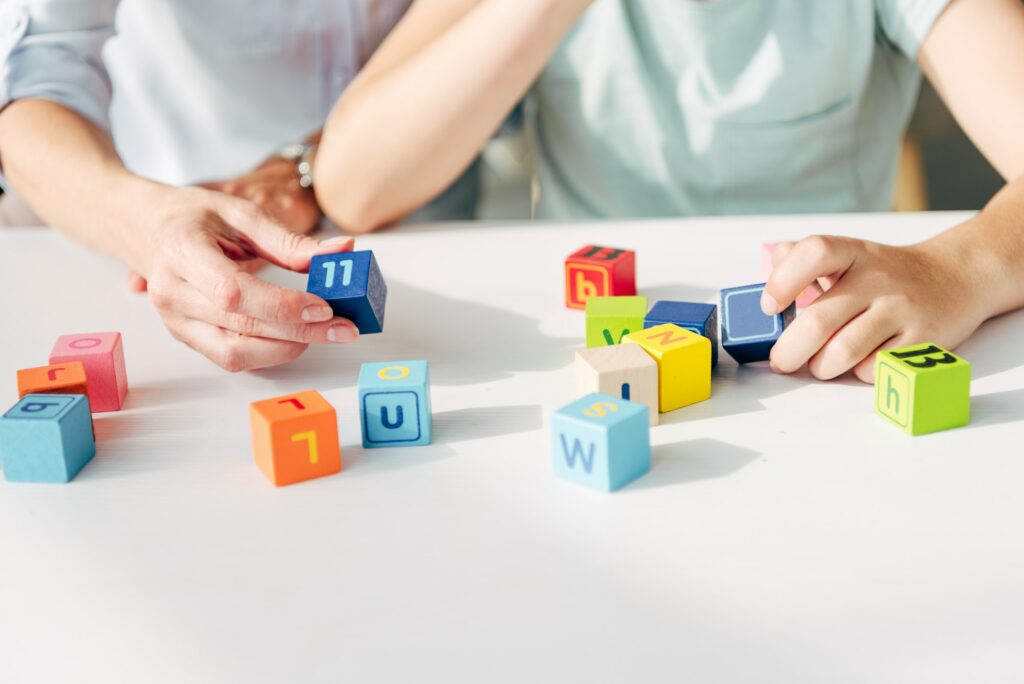Assessment Services: Psychoeducational
As time goes on, we have a better understanding about the different ways that children and youth learn and what kind of support they need. If you’re a parent with questions about your child or youth’s unique learning style, or if your child is currently struggling at school, you may consider a psychoeducational assessment at our second division, Sparkling Seeds.

What is a Psychoeducational Assessment?

This assessment examines how a person thinks, learns, and applies their knowledge. It provides a deep and evidence-based insight into your child’s learning needs and helps you support them through their challenges.
Most schools in the Greater Toronto Area teach students in a very traditional, standardized way, but that may not be the best fit for everyone. A psychoeducational assessment could be the first step in identifying the client’s strengths and weaknesses for developing Individual Education Plans (IEP) with schools.
When a child or youth’s learning needs aren’t supported and met, your child may:
- Struggle in school
- Complain more about school
- Show a lack of confidence (at school or elsewhere)
- Seemingly unchallenged and bored at school
- Have a hard time connecting with peers
- Have behavioural challenges
- Lack of motivation to attend classes
- Experience a sudden change in academic standing
- Not keep up with other students in the same grade/age
- Unable to complete homework
- Receive comments from teachers about inattention, behaviour issues, lack of classroom involvement, irritation, or decreasing peer relations
- Have sudden changes in appetite, sleep patterns, or engaging in activities they used to enjoy
- Avoid conversations about school, classwork, teachers or peers
A psychoeducational assessment can help you and your child get valuable insight, empowering them to succeed in school, feel more confident, and thrive throughout their life.
How the assessment works
Sparkling Seeds offers psychoeducational assessments for children and youth. Since every child is different, we take a unique approach to each and every assessment.
It all begins with a conversation. We start with understanding who your child is and how their learning journey has been going. We’ll sit down for interviews with both the child and their parent(s), caretaker(s), ensuring we get a comprehensive perspective to develop a personalized IEP.
When we’ve reviewed your child’s background, we will talk more about what they’ve been dealing with recently. We may discuss their challenges and symptoms they’ve been facing with their mental health, which will help bring the real issue into clear focus.

Finally, we will include a series of standardized psychometric measures, such as mental health questionnaires that we’ll ask you to fill out. We will compile the information to create a strength-based profile for developing an IEP.
What happens after the assessment?

After the clinical interview and assessment measures are finished, we will compile a report that helps identify giftedness, intellectual disabilities, or cognitive variations, guiding tailored educational strategies to maximize learning potential. The Psychologist will go over their findings and create an IEP. You may also consider the other services at Sparkling Seeds that can help your child succeed in their learning journey.
A psychoeducational assessment might be the first step to learning success for your child. Not only will this help them succeed, your child may feel more connected, challenged, and focused on school, empowering them throughout the rest of their life.
We are here to help
Our team of experienced counsellors is dedicated to providing you with a safe and supportive space to explore your thoughts and feelings.
We understand that taking the first step can be difficult, which is why we offer free consultations to help you get started. You can book online or contact us directly. Please call our staff if you have any questions.



 by
by